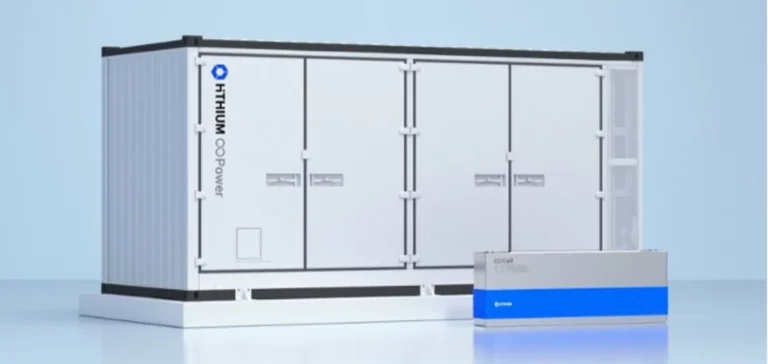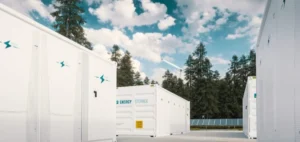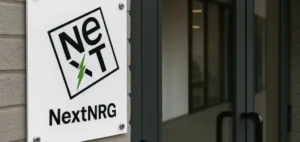Chinese manufacturer HiTHIUM, specialised in long-duration energy storage, has signed a strategic cooperation agreement with El-Mor Renewable Energy to develop several energy storage projects in Israel with a total capacity of 1.5GWh and a power output of 300MW. This agreement marks HiTHIUM’s first major international operation in this segment and positions Israel as a key platform for its expansion outside China.
Scaling up storage to support solar growth
The partnership aims to address the growing demand for storage solutions driven by the rapid increase in renewable electricity generation in the country. Israel is actively pursuing an energy diversification strategy, requiring infrastructure capable of balancing the intermittency of renewable sources, particularly solar. The RAMAT BEKA project, with a capacity of 1GWh, will be the largest of its kind in the region and will serve as a technical and operational benchmark.
El-Mor Renewable Energy, acting as an engineering, procurement, and construction (EPC) company, will be responsible for designing and building the battery energy storage systems (BESS). These installations will also include the infrastructure required for grid integration.
Turnkey technology and a global debut for HiTHIUM
HiTHIUM will supply its 6.25MWh ∞Power storage system as part of its Energy Equipment Package (EEP), which integrates direct current (DC) and alternating current (AC) electrical equipment. The system includes battery containers, power conversion systems, medium-voltage transformers, switchgear, and the energy management system (EMS) on a single industrial platform.
The EEP also includes engineering services covering grid connection modelling, protection coordination, and fire safety system design. This deployment in Israel marks a significant step for the company, positioning its technology in an evolving energy market near regions with high potential.
A strategic agreement for both partners
The two companies highlight a strategic complementarity: El-Mor’s local expertise in building large-scale projects, including photovoltaic plants and high-voltage substations, combined with HiTHIUM’s technical know-how in long-duration storage. This cooperation could pave the way for future expansions into other Middle Eastern markets undergoing energy transitions.
Commissioning of the initial installations is expected to take place over the coming years, although no specific timeline has yet been announced. The sector is closely watching the progress of these projects, which could redefine regional standards for grid flexibility and resilience.





















